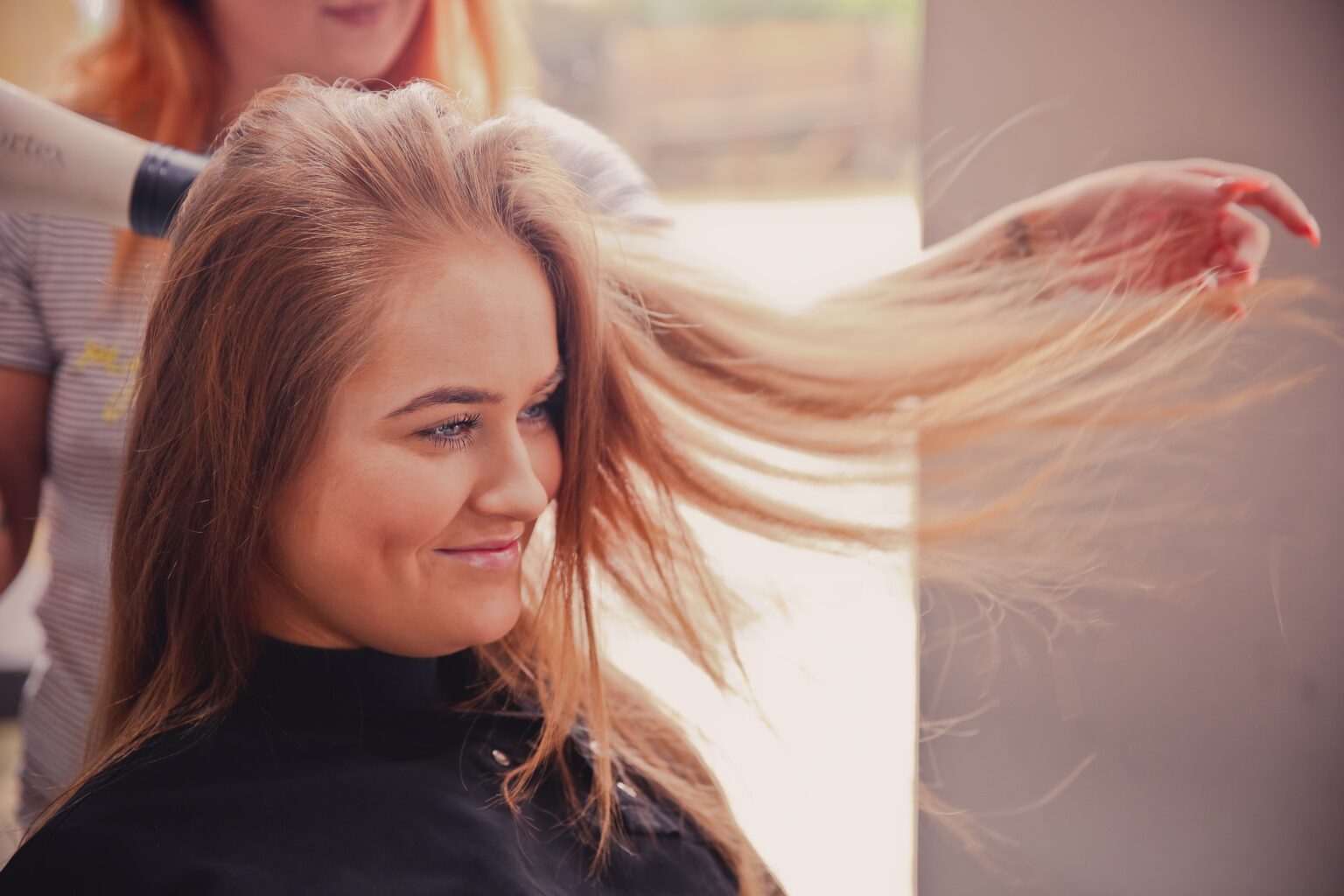Taming Menopause Frizzy Hair: Effective Treatments for Gorgeous Locks
Entering menopause is a significant life change for women, accompanied by hormonal fluctuations that affect various aspects of the body, including the condition of your hair. A common concern during this time is the development of frizzy hair, a source of frustration and self-consciousness for many. However, there are practical and effective treatments available to help you regain control and enjoy beautiful, frizz-free locks. In this article, we’ll explore the causes of frizzy hair during menopause and discuss treatment options that will keep your hair looking fabulous.
Understanding Frizzy Hair in Menopause
Frizzy hair during menopause is often due to hormonal imbalances and changes in hair texture. Several factors contribute to frizz, including:
Hormonal Fluctuations: Menopause brings a decrease in estrogen levels, which leads to reduced moisture retention in the hair, resulting in dryness and increased frizz.
Reduced Oil Production: The scalp produces less natural oil (sebum) during menopause, making hair dry and brittle, increasing its susceptibility to frizz.
Thinning Hair: Hair thinning and loss are common during menopause, leading to finer and more fragile hair strands, which can also be more prone to frizz.
Environmental Factors: Factors like humidity, sun exposure, and exposure to pollutants can exacerbate frizz and make it more challenging to manage.
Lifestyle and Hair Care Habits: Harsh hair care products, excessive heat styling, and a lack of moisture-rich treatments can all contribute to frizz.
Effective Menopause Frizzy Hair Treatments
- Moisturizing Shampoos and Conditioners: Opt for hair care products specially formulated to combat dryness and frizz. Seek out hydrating shampoos and conditioners containing ingredients such as shea butter, argan oil, or glycerin.
- Deep Conditioning Treatments: Include deep conditioning masks or treatments in your hair care routine at least once a week to replenish moisture in your hair. Leave-in conditioners can also help combat frizz by providing continuous hydration.
- Leave-In Serums or Oils: Apply a small amount of hair serum or natural oils like coconut oil or argan oil to the ends of your hair to seal in moisture and reduce frizz.
- Avoid Excessive Heat Styling: Minimize the use of heated styling tools such as straighteners and curling irons, as they can further dry out and damage your hair. If you need to use heat, apply a heat protectant product first.
- Choose Haircuts and Styles Wisely: Opt for haircuts and styles that complement your hair’s natural texture and thickness. Layers can help reduce frizz by removing some weight from the hair.
- Utilize Anti-Frizz Products: Make use of anti-frizz products, such as serums, creams, or sprays, to manage frizz and keep your hair looking smooth and shiny.
- Control Humidity: In humid weather conditions, consider using a humidity-resistant hair spray to shield your hair from excess moisture, which can lead to frizz.
- Maintain Scalp Health: Keep your scalp healthy by using a mild, sulfate-free shampoo and avoiding excessive washing, as a healthy scalp promotes healthy hair growth.
- Balanced Diet and Hydration: Ensure your diet is well-balanced, rich in vitamins and minerals like biotin and zinc, which support hair health. Staying well-hydrated is also essential for maintaining hair moisture.
- Manage Stress: Incorporate stress-reduction techniques into your daily routine, such as meditation, yoga, or deep breathing exercises, as they can help reduce stress-related hair issues.
- Seek Professional Advice: If your hair issues persist or worsen, consider consulting a professional hair stylist or dermatologist with expertise in hair and scalp health. They can provide personalized advice and treatments.
Frizzy hair during menopause is a common concern, but it’s not something you have to endure. By adopting a holistic approach to hair care, which includes selecting the right products, practicing good hair care habits, and making lifestyle adjustments, you can keep your hair looking beautiful and frizz-free. Embrace this transformative phase of your life with confidence, knowing that you have the tools and knowledge to maintain gorgeous locks.
